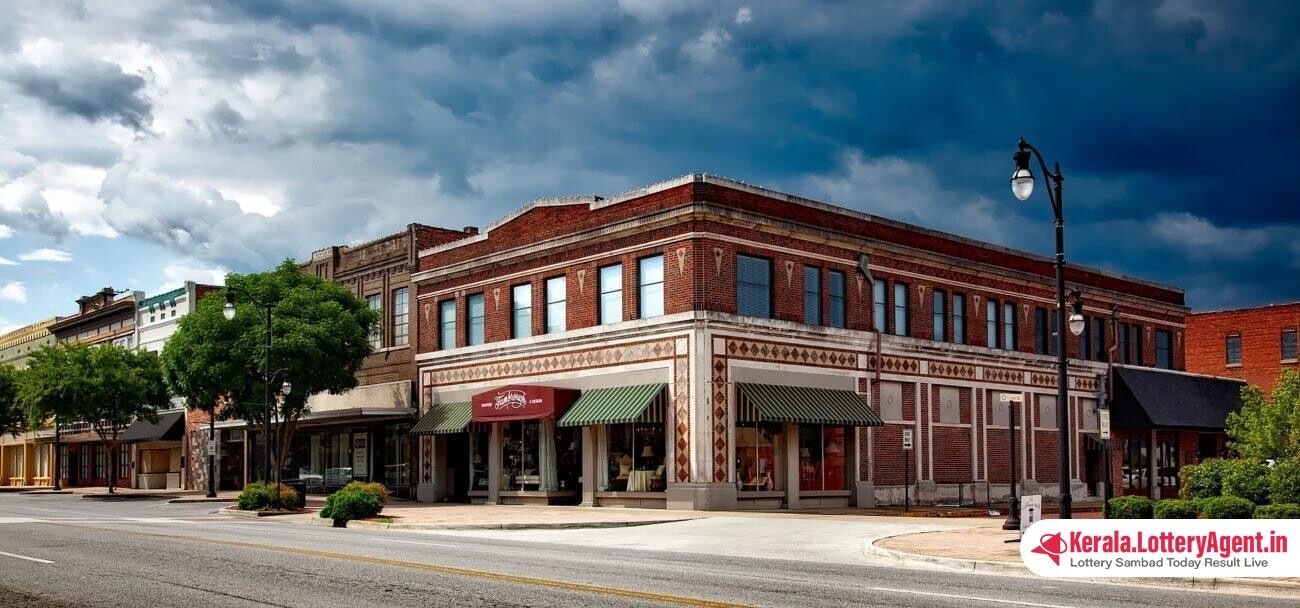
The political landscape in Alabama experienced a shift as state lawmakers successfully passed HB151 and HB152 this February, marking a step forward in the transformation of gambling laws in the state. Originally, HB151 was quite expansive in its ambitions, aiming to legalize a multitude of gambling activities that included retail and online sports betting, the establishment of a state lottery, and authorizing casinos in specific regions historically linked to bingo-type games. Parallel to this, HB152 was drafted to pave the way for the creation of a regulatory body in the form of a state lottery and gaming commission.
However, HB151 faced considerable resistance as it made its way through the Senate, leading to a significant scaling back. As a result, the legislative body saw fit to eliminate both the sports betting and casino provisions from the bill. Despite these changes, the bill managed to garner the necessary support, winning the Senate’s approval by a vote of 22 to 11 on Thursday, just one vote more than the minimum required for it to advance. HB152 managed to navigate this political gauntlet successfully as well.
While the bills have seen their scope reduced, the inclusion of a state lottery has withstood the legislative process. Moreover, the bills grant authority to the governor to negotiate a compact with the Poarch Band of Creek Indians (PBCI), which oversees the operation of the three existing casinos within Alabama’s borders, to regulate gaming operations on their lands. The lottery and the compact with PBCI represent a significant shift in the regulatory framework governing gaming within the state.
Senator Greg Albritton, a proponent of the modifications, voiced his belief that these changes were crucial for Alabama to establish an effective “control” over the gambling domain, an industry that had previously evaded stringent regulation within the state. This legislative maneuver is anticipated to introduce oversight and potentially substantial revenue streams to Alabama’s economy.
While progress has been made with the Senate’s approval, the legislation now faces scrutiny from the House of Representatives. The House’s reception of the bills will be instrumental in determining their future—with an affirmative outcome leading to a proposed public vote in September 2024 to determine the final stance on legalization. Conversely, should the House disagree with any of the amendments, a conference committee would need to convene to reconcile differences and find an acceptable middle ground.
One of the key features of the amended bills is the authorization of pari-mutuel wagering, which would be subject to a tax ranging from 24% to 32%. This form of betting would be permitted at four racetracks across the state and one additional location in Greene County, along with permission for two existing bingo halls to offer such wagering. Meanwhile, the PBCI would be granted the green light to include casino-style games, sports wagering, and bingo on their own lands.
Financial projections attached to HB152 estimate that the lottery alone could generate between $305.6 million to $379.4 million in annual net revenue. It is believed, however, that the exclusion of a broader gambling portfolio, including casinos, could result in a loss of an estimated $315 million to $492.2 million in net gaming revenue (NGR). Had sports betting remained, an additional $15 million to $41.5 million in NGR might have been captured.
Representative Chris Blackshear has previously highlighted the potential financial boon that expanded gambling could bring to Alabama, suggesting the state could see as much as $1.2 billion in new revenue, with $300 million stemming from the compact with PBCI. The evolving legislative context of Alabama’s gambling laws indicates a cautious yet forward-moving approach to the expansion of gambling while weighing the economic benefits against regulatory control.












